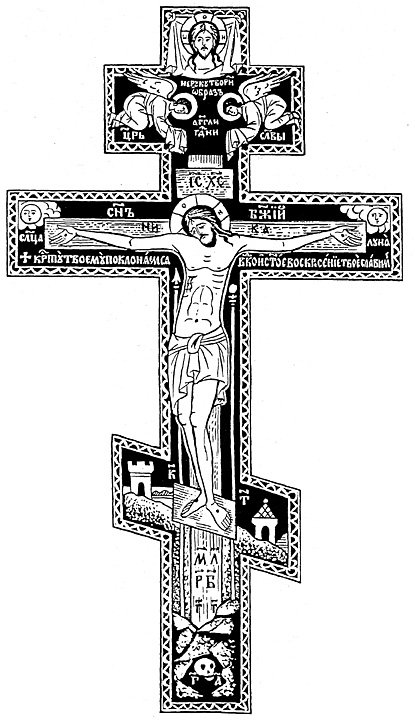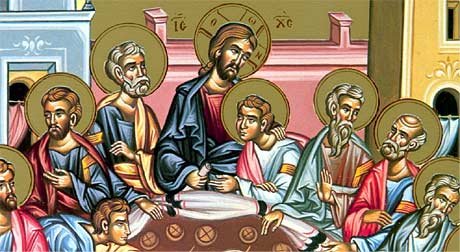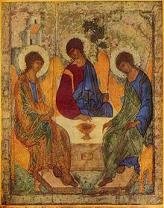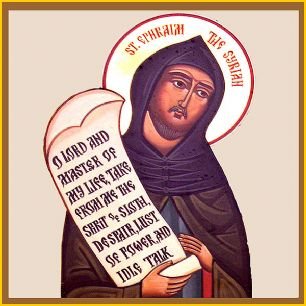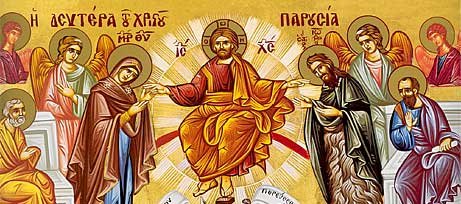O Guide to Wisdom, O Giver of Understanding, O Instructor of the Ignorant and Helper of the Poor, strengthen and enlighten my heart, O Master. Give the word to me, O Word of the Father, that I may not refrain from crying out to You:
“O Merciful Lord, have mercy on me, a fallen one.”
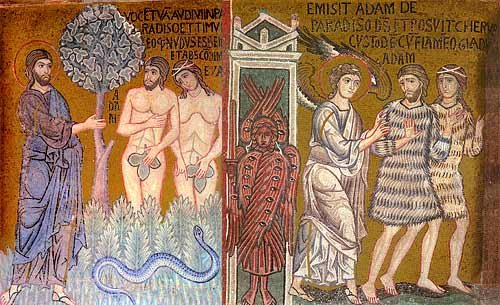 We have come to the end of our period of preparation for the Great Fast. On this weekend the Church provides us with a plethora of images and ideas. These images and ideas come from tradition and the readings appointed for today.
We have come to the end of our period of preparation for the Great Fast. On this weekend the Church provides us with a plethora of images and ideas. These images and ideas come from tradition and the readings appointed for today.
The first idea presented is from the appointed Gospel which reads in part: If you forgive the faults of others, your heavenly Father will forgive you yours. Because of this passage, this weekend is typically called Forgiveness Weekend and the Church encourages us to begin the Great Fast by making sure that we are at peace with others. If we discover that we are at odds with other people, then we are encouraged to seek forgiveness or extend forgiveness to them.
The liturgical name for this weekend, however, is The Expulsion of Adam and Eve from the Paradise of Bliss. This name summarizes indeed the entire preparation for Lent. By now we know that man was created for paradise, for knowledge of God and communion with Him and that human life is a pilgrimage back to our heavenly fatherland – Life’s Journey is an Ascension to the Heavenly Father. The Great Fast is the liberation of our enslavement to sin, from the prison of this world.
The Epistle reminds us that we should embrace the Jesus Way of living since now is the hour for us to act since our salvation is closer than when we first accepted the faith. We all need to use this Great Fast to spiritually grow since we do not know when we will be called to give an account of our life.
The Gospel also suggests how we must conduct ourselves during this special time of Lent. When we practice personal discipline, either by fasting or other works, we should keep it to ourselves and not really let others know what we are doing. Our efforts should be between us and God.
On Monday we will begin the Great Fast. You are encouraged to make it a special time for yourself, a time when you focus more intensely on your spiritual development and growth. Join with the entire Church (both the new and old calendars are the same this year) in making this a special time. Know that even the smallest of effort will be blessed by God since it tells God that you are serious about your spiritual life – serious about your relationship with Him.

